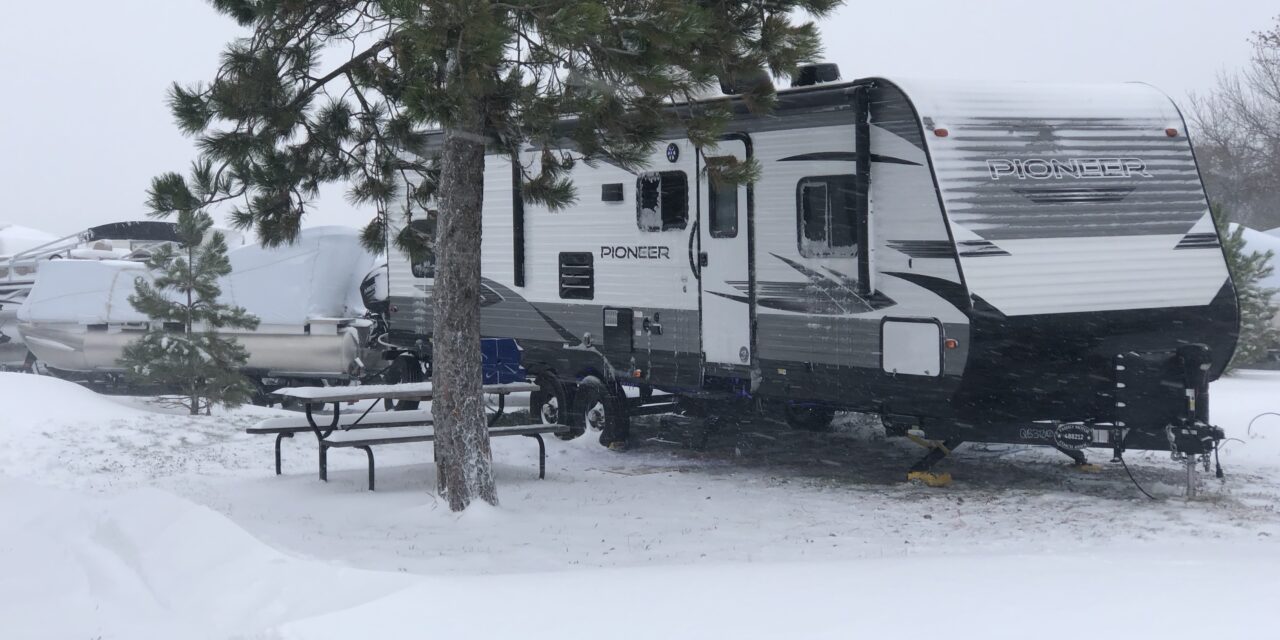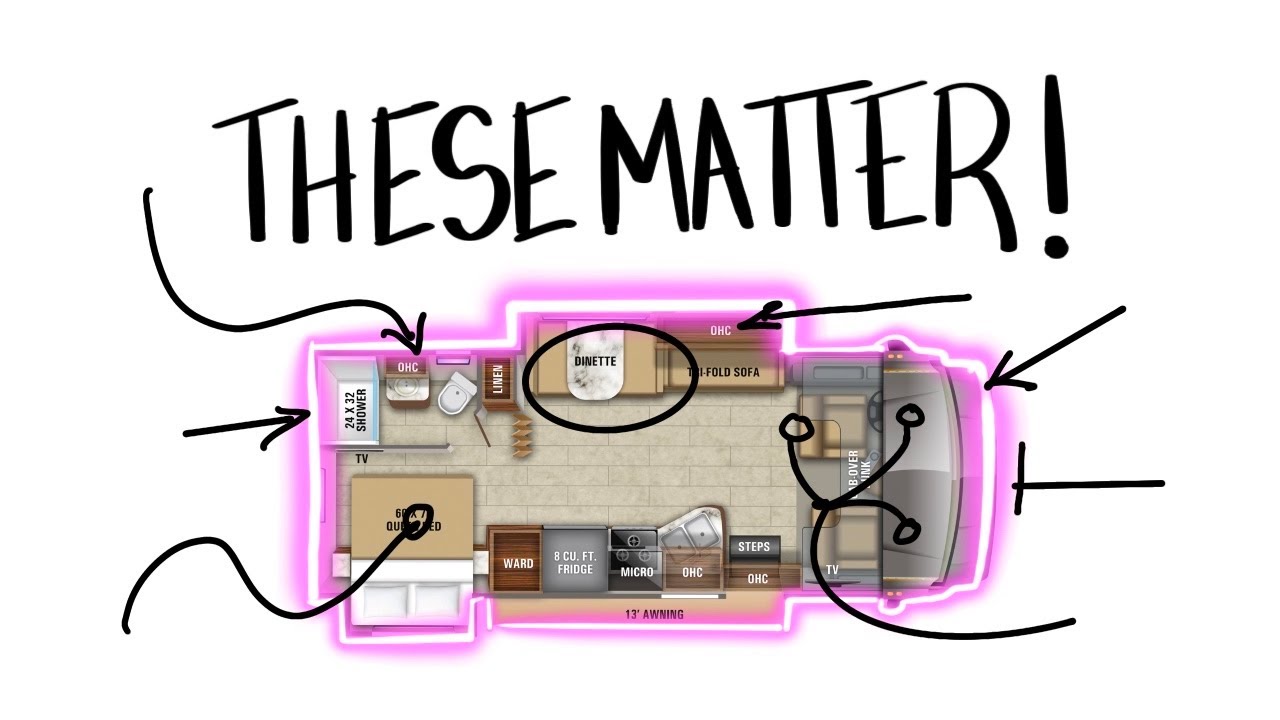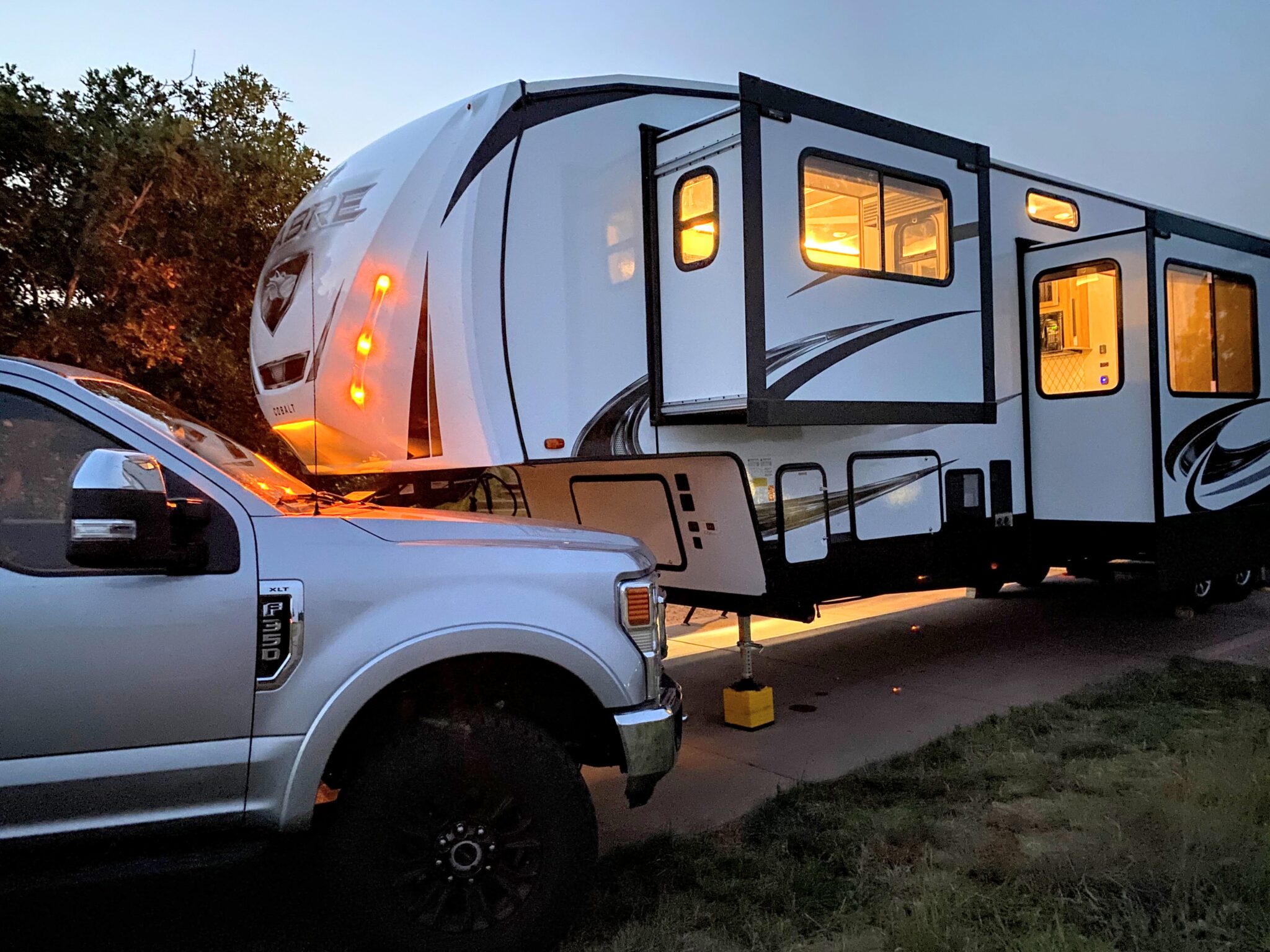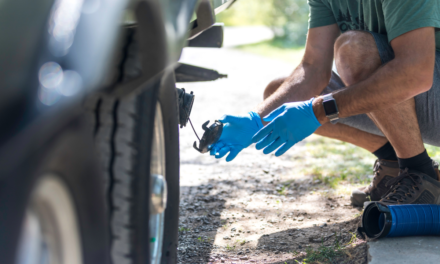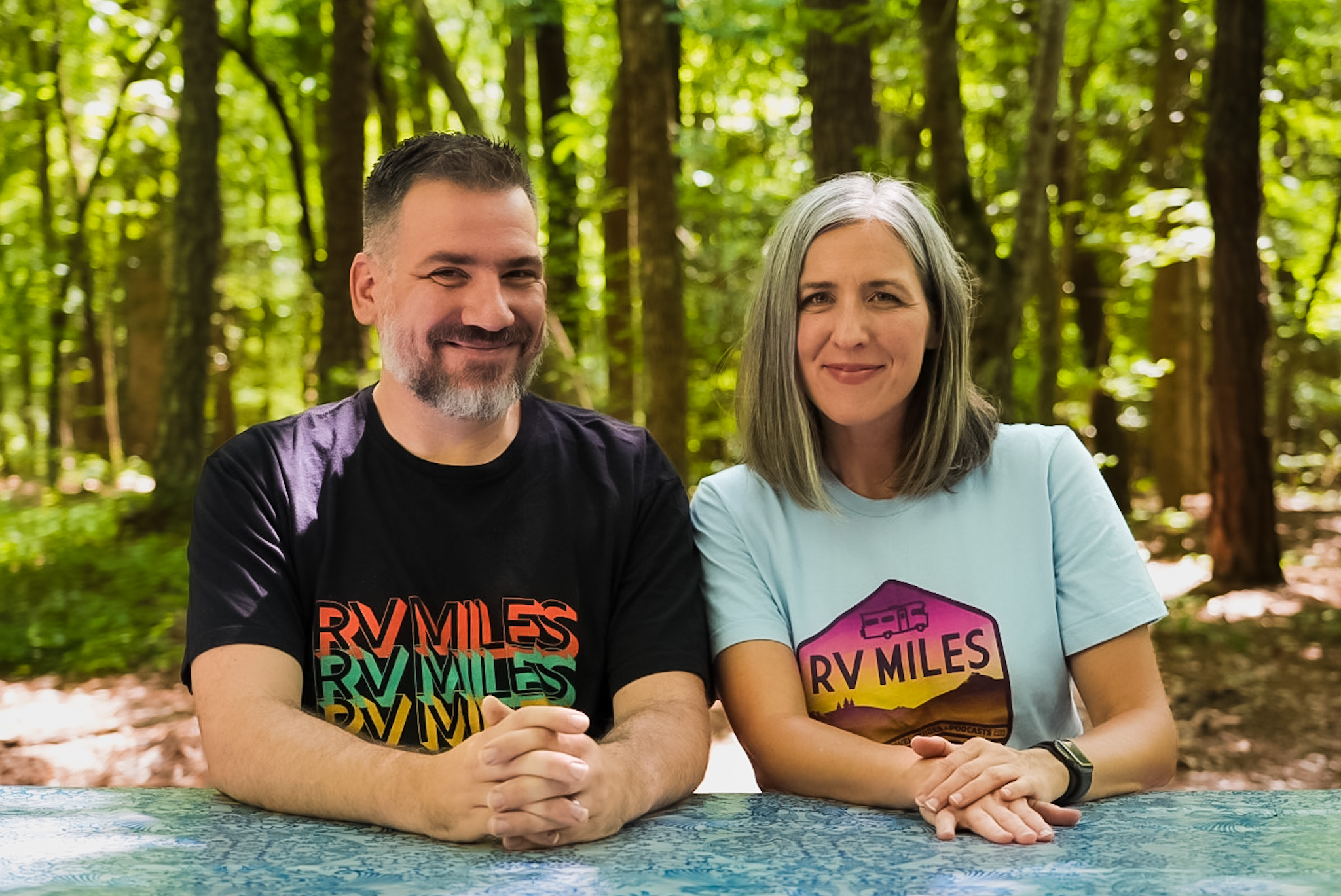For many, it’s time to put the RV to bed for a long cold winter sleep. Besides the many important and major steps needed to winterize your RV, we’ve got six more often overlooked winterization steps you’ll want to add to your to-do list.
Remove Batteries from Remotes and Other Devices
Batteries can corrode if left in a device for too long without use. Before you close up for the winter, make sure you remove batteries from any device being left in the RV.
Don’t Forget to Drain the Water Heater
When it comes to overlooked winterization steps, this is the big one. It’s vitally important to the health of your RV that you also drain the water heater. The last thing you want is to come back in the spring and find that water has frozen, expanded, and damaged your water heater.
Don’t Forget Your Outdoor Showers and Hose Lines
Alright, I know we just said the water heater was the top overlooked winterization step, but this may be a close second, or even tie for first. If you forgot those outdoor lines, time to head back to the RV. Especially if you have an outdoor kitchen with a sink line. Just like your indoor water lines, it’s important to blow out the lines or run antifreeze through them. This step ensures you have no problems when it’s time to de-winterize.
Close up the Stove Vent
Did you know you have a stove vent and that you can open and close it? It’s one of those odd RV items many don’t realize they have until there’s a problem. If you have a stove vent that snaps close, make sure it’s latched so critters and insects can’t get into your RV.
Leave the Fridge Open and Stick a Towel in it for Defrosting
Did you turn the fridge off? If so, you need to leave it open to ward off a mold issue come spring. Additionally, if you have any sort of frost in the freezer, go ahead and leave a towel in there to absorb the water. Once defrosted, it’s important to come back for the towel, otherwise, you’ll have a stinky moldy towel come spring.
Don’t Forget that Lots of Things Freeze, Even Alcohol at Lower Temps
Don’t pay attention to the hype! Using Vodka as an antifreeze is bad advice. Vodka freezes at -16 degrees, and while you may think you don’t live in a place where temps can get that low is it worth the risk? When it comes to winterizing, it’s always best to use products designed to handle anything Mother Nature throws your way. Besides, after a season of adventures, your RV deserves better than cheap vodka.

